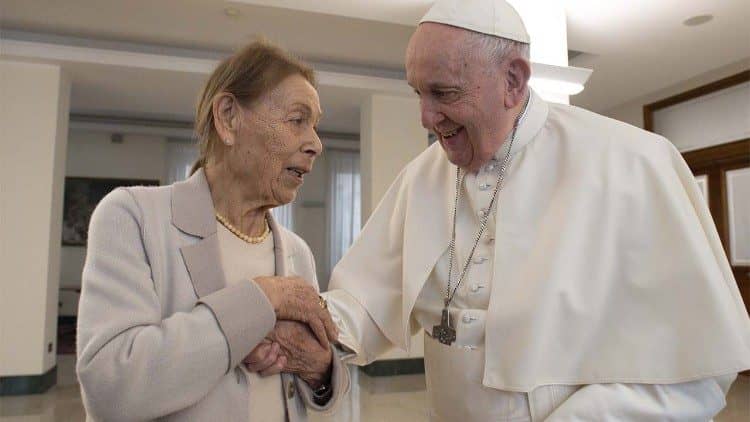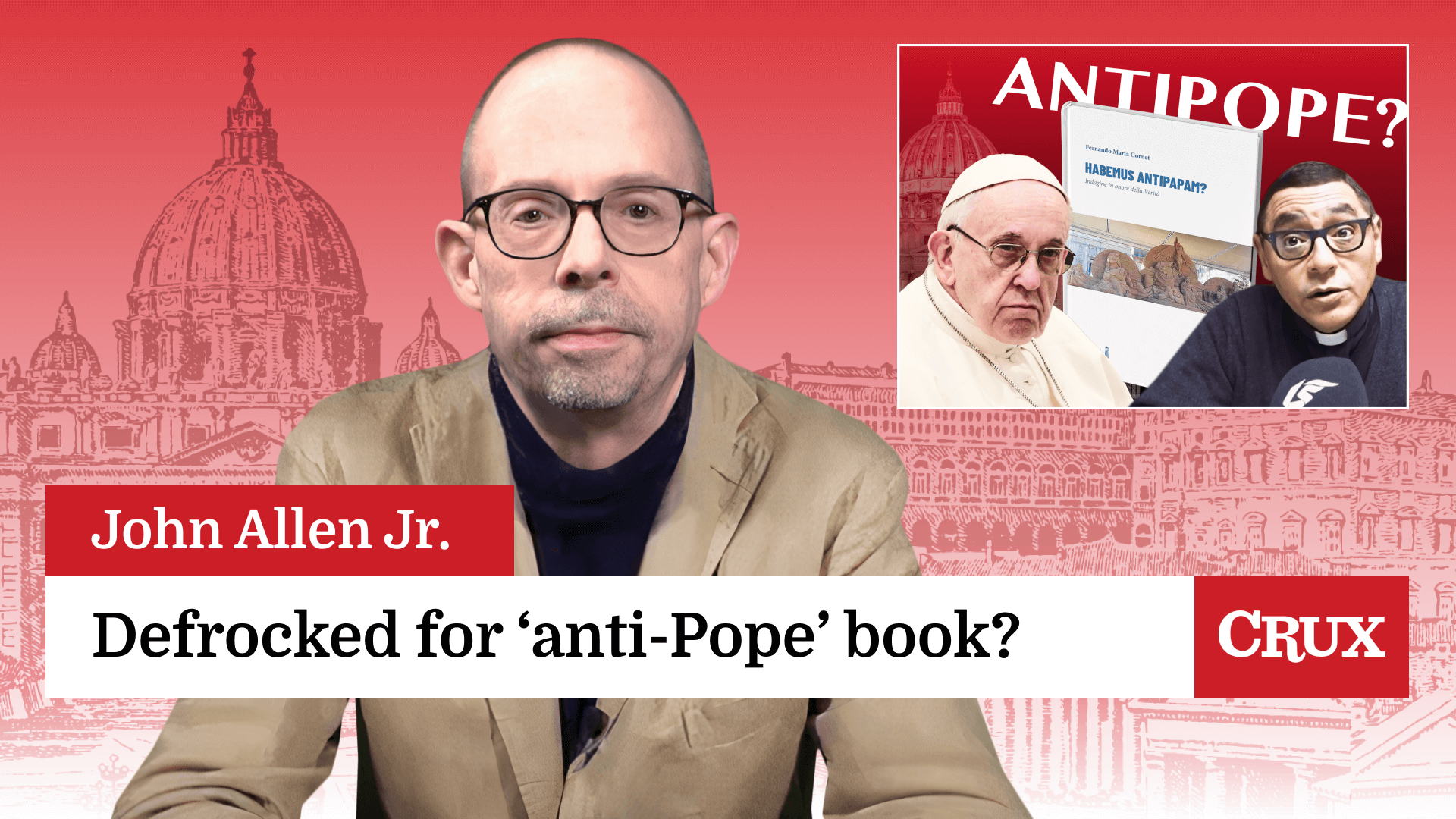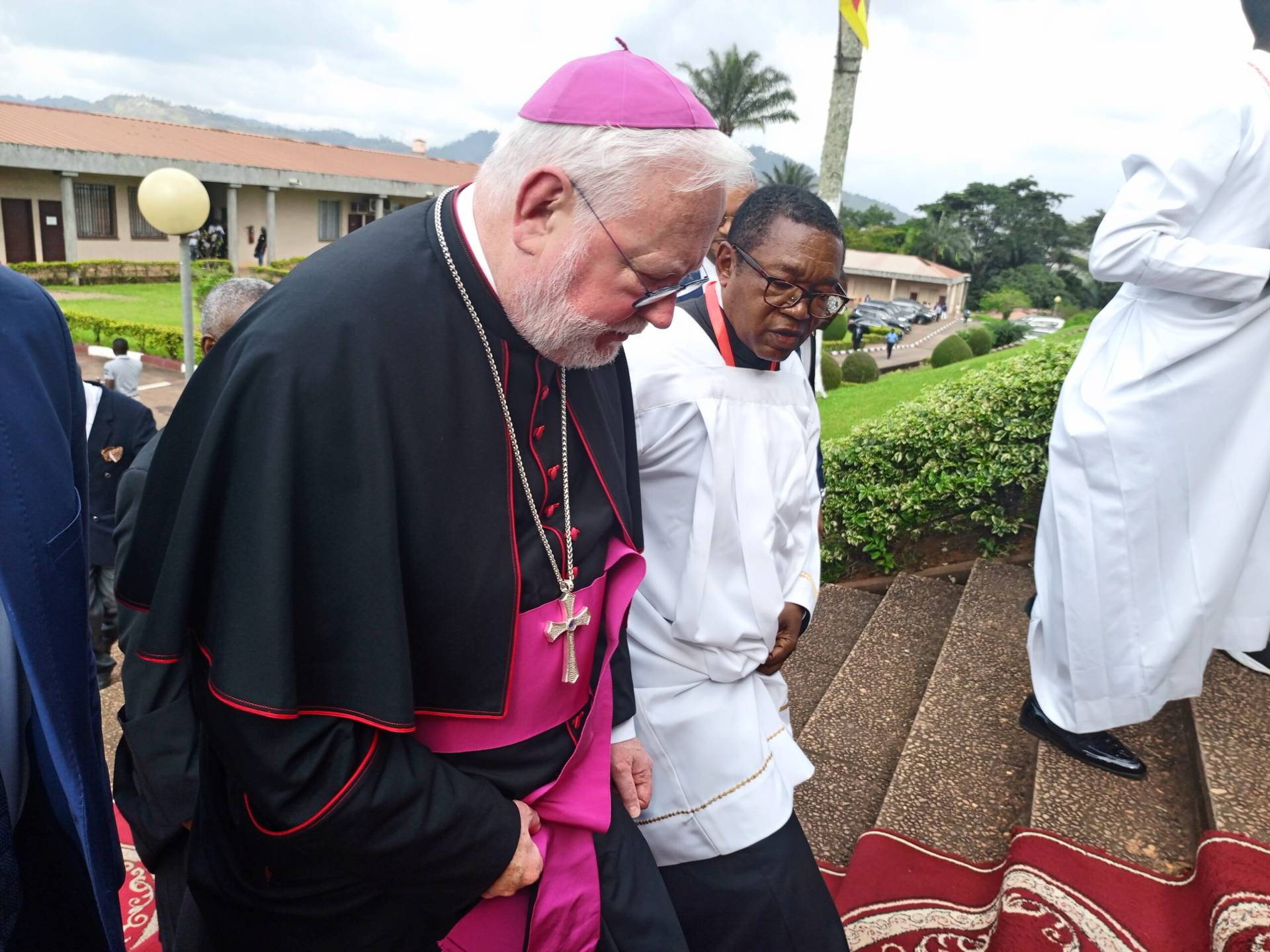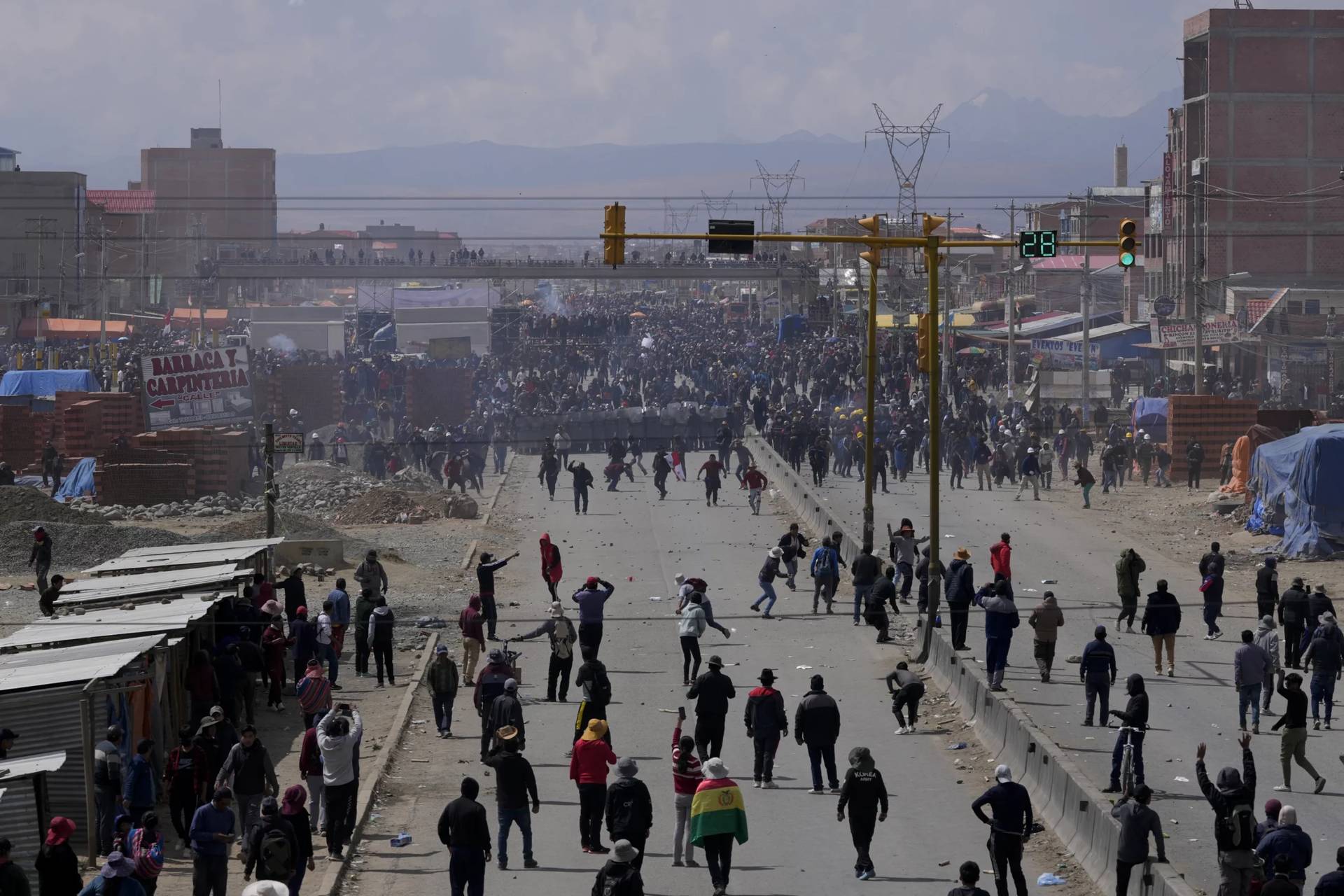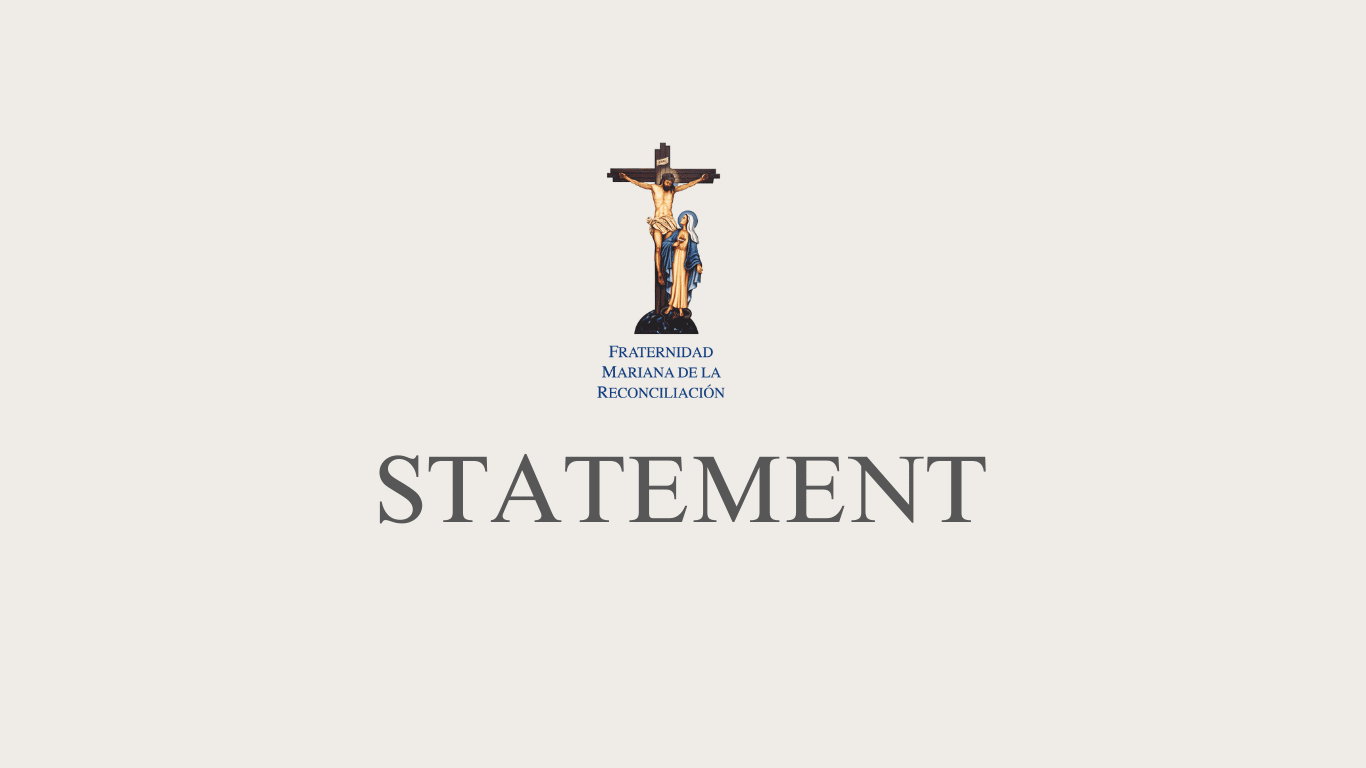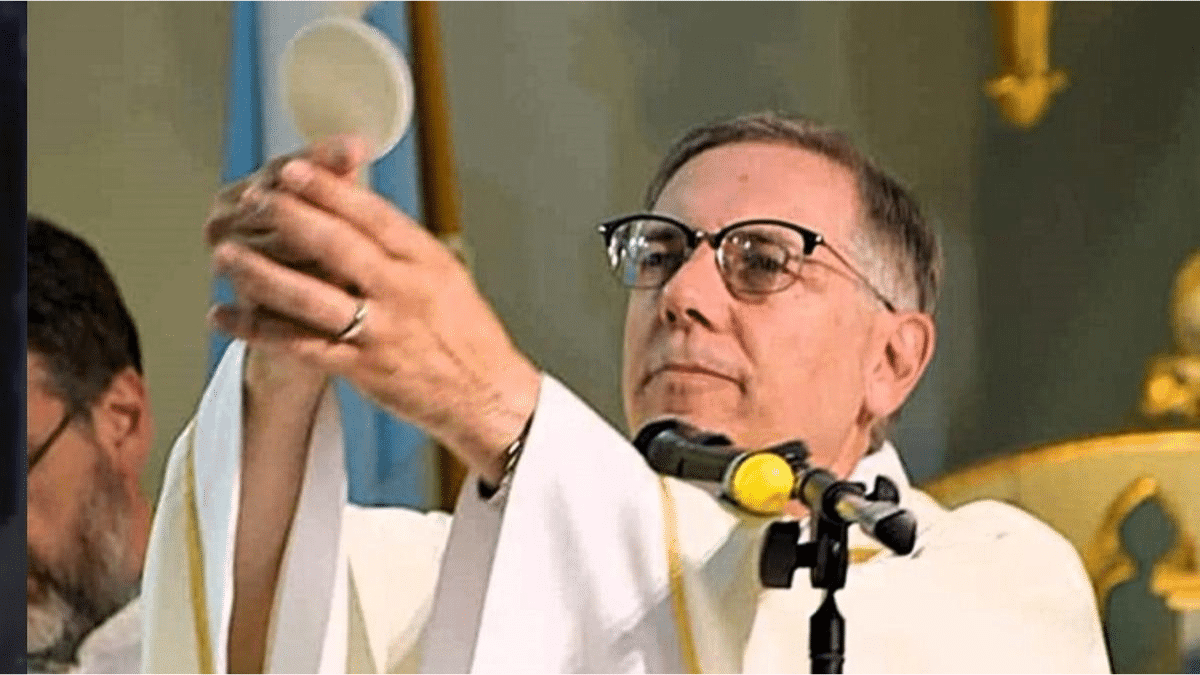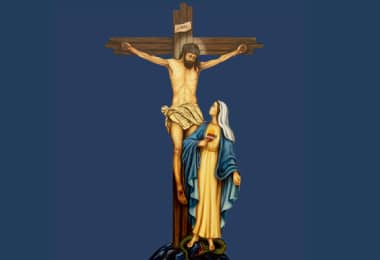SÃO PAULO, Brazil – A leading Catholic ecologist says recent killings of three Catholic environmentalists in Honduras, Guatemala and Mexico show that conflicts caused by environmentally hazardous mega-projects in the Mesoamerican region are intensifying political violence.
The Catholic Church has been trying to resist this state of affairs with coordinated actions by movements that work for the defense of the common home, said Father Noel Ortiz, executive secretary of the Mesoamerican Ecological Ecclesial Network (known by the Spanish acronym REMAM).
Yet the Church, he said, doesn’t have enough strength to oppose the joint interests of companies, state agents, and drug cartels, which Ortiz said are behind giant extraction endeavors with huge impacts on the environment and local communities.
The most recent murder occurred Oct. 20, when Mexican Father Marcelo Pérez Pérez was shot as he was leaving one celebration and heading to another in San Cristobal de las Casas, Chiapas. A motorcycle with two men followed his truck, and one of them fired at the priest. That man was later detained by authorities, who are still trying to discover who is behind the crime.
Pérez, a member of the Tzotzil Indigenous group, had been under Inter-American Human Rights Commission protection since 2015 due to his activism against violence and for the protection of Indigenous and peasant communities in Chiapas.
Father Bartolomé Gómez, one of Pérez’s close friends, said things began in 2015, when the Diocese of San Cristobal de las Casas promoted a popular assembly about the defense of the common home.
“Our diocese was led for decades by Bishop Samuel Ruiz Garcia, who brought to us the spirit of the Second Vatican Council and reaffirmed the Church’s preferential option for the poor. But that option has never been accepted,” Gómez told Crux.
Vast areas of Chiapas have been claimed by mining companies, energy-production endeavors, and farming projects. Local communities at times were able to resist, as in 2009, when a Canadian mining company had to interrupt highly-polluting activities. Last year, however, the mines were reopened, amid chaos produced by conflicts between different drug cartels.
Over the past months, violence has been growing in the region, prompting local dioceses to manifest concern over the harassment and expulsion of Indigenous groups from their lands on a number of occasions. The turmoil reached virtually unbearable levels earlier this year, leading thousands of people to migrate to Guatemala.
Pérez, a founding member of REMAM, was a strong voice against violence, leading marches for peace and denouncing the abuses committed against the local communities.
“He had recently begun to organize an initiative for the protection of the water in the region,” Gómez recalled.
Pope Francis lamented Peréz’s murder during his Angelus address on Oct. 27.
“To the beloved Church of San Cristóbal de las Casas, in the Mexican state of Chiapas, which mourns the priest Marcelo Pérez Pérez, murdered last Sunday,” the pope said. “A fervent servant of the Gospel and of the faithful people of God, may his sacrifice, like that of other priests murdered for their fidelity to the ministry, be seeds of peace and Christian life.”
Three days earlier, community activist Francisco Pop Ico, a Maya Q’eqchi’ leader in the city of Sayaxché, Guatemala, was shot dead by unknown men on the border with Mexico.
Pop Ico and his community had been struggling for years against a palm oil company that implemented a plant in their traditional lands. The company not only impacted the environment on several levels, but was also accused of failing to comply with national labor legislation.
Pop Ico and other community activists were accused by the company of a number of crimes, such as trespassing, in what they saw as a legal move to criminalize the opponents of its operations. He was scheduled to attend a court hearing as part of a lawsuit he was facing on the day after his killing.
On Sept. 14, Honduran activist Juan Antonio López was killed by three men after attending a Mass with his daughters, wife, and other family members. The criminals followed the family’s truck and one of them asked López to open his window. His wife saw the gun in the man’s hand and tried to grab it, but he managed to fire it at López and kill him, said Fr. Noel Ortiz, a friend of López since 2017.
“We first met during a national Church assembly whose theme was the protection of our common home. He was a wise man, who drew many people due to the profundity with which he saw all things,” Ortiz said.
A founding member of REMAM in Honduras, López worked with a number of peasant organizations and with the Church. He was a community delegate in the municipal council of Tocoa, his city, and an opponent of mining endeavors in a nearby forest reservation.
López denounced the mayor for colluding with a businessman and accepting the implementation on that and other ventures in the area, which could have a terrible impact on several water springs. Members of the Honduran army and drug cartels are also allegedly involved in the projects.
“The perpetrators were arrested by the police. But now the people who are behind his death must be identified,” Ortiz said.
Pope Francis also mentioned López’s murder during a celebration in September, saying that he is “by the side of those who work for the common good in response to the cry of the poor and of the earth.”
For Ortiz, López’s “martyrdom invites us to follow his struggle for the common house and for humanity as a whole.”
“He gave his life not only for the valley of Aguán, but for the future generation’s buen vivir [good living],” he said.
REMAM issued a letter on Oct. 21 in order to denounce the murders of Pérez, Pop Ico, and López, also recalling the assassination of Honduran activist Berta Cáceres in 2016. The document demands justice, especially for Pérez, and emphasizes that the struggle for the common home and for the poor are part of the Christian faith.
“Pope Francis makes us discover as Christians that our commitment inside of the creation, as well as our duties with nature and the Creator, are part of our faith,” the letter read.
“Our region has been suffering more and more with the unlimited interests of the current system of death. We have to answer those challenges as a Church – and a Church more committed to integral ecology and eco-conversion is possible,” Ortiz said.







